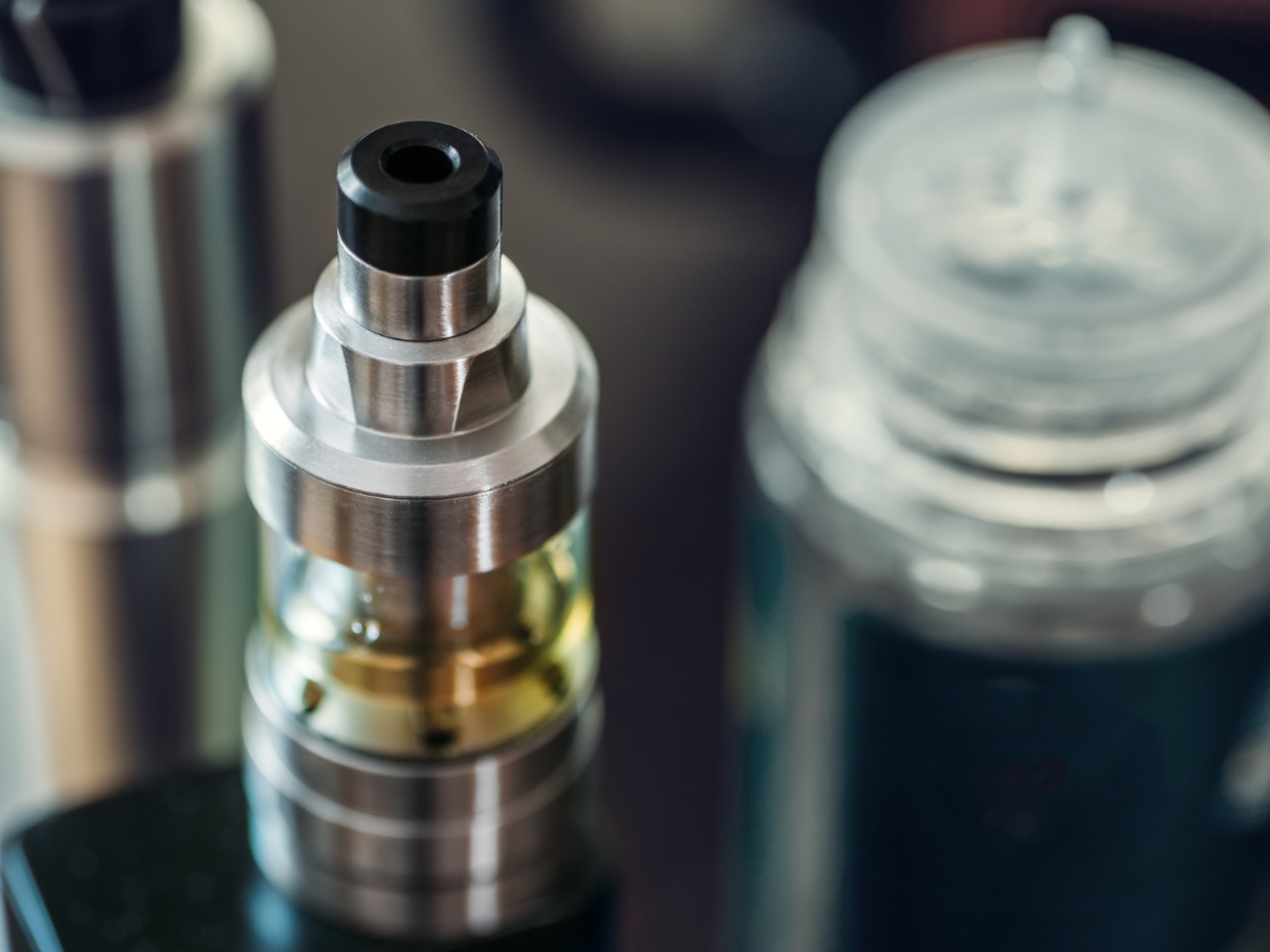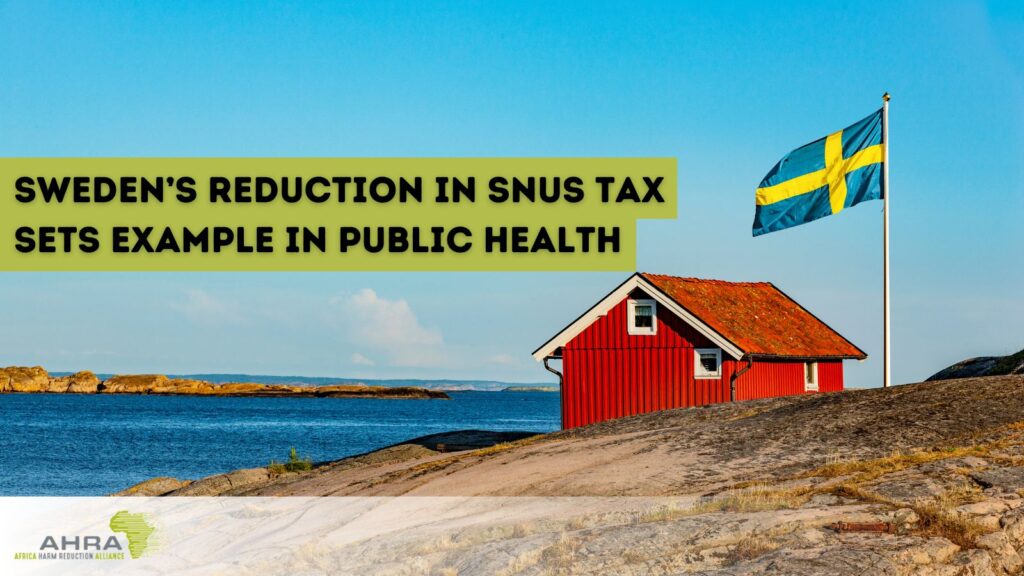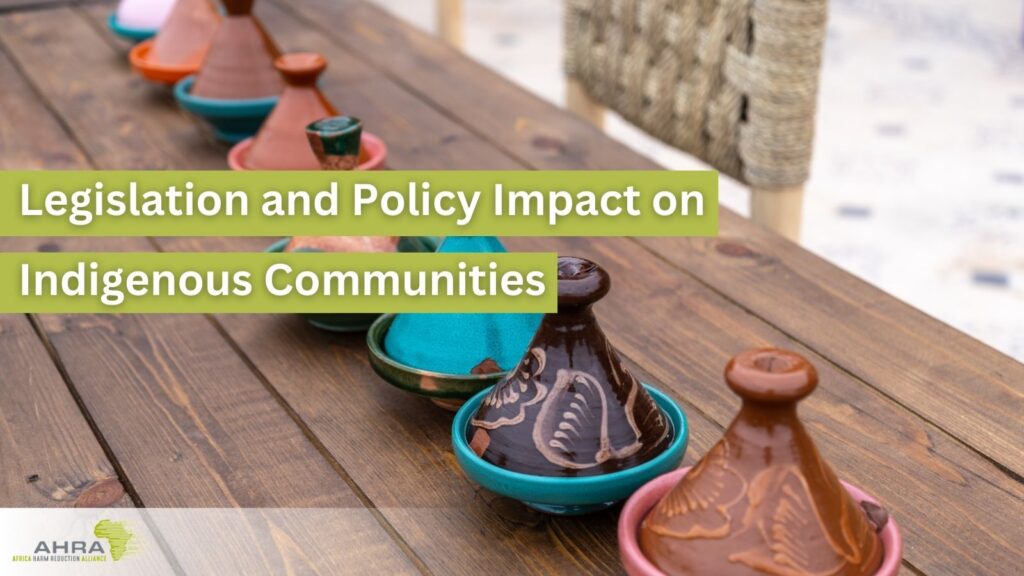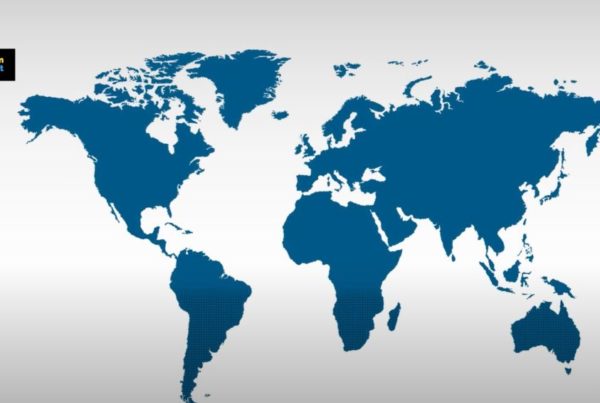South Africa’s guidelines and regulations for vaping production are currently nonexistent.
Recently, the South African Bureau of Standards (SABS) said it has established a National Technical Committee (TC) to develop South African National Standards to guide the use of e-cigarette and vaping products.
According to Business Tech, the SABS will be responsible for setting guidelines and promoting standardisation in the field, covering electronic vaping products and their components, including cartridges and reservoirs.
The bureau will also be responsible for setting out guidelines on sampling, terminology, methods of test and analysis, safety, product specifications, quality management, and requirements for packaging, transportation, and storage. The bureau will also only be focusing on non-tobacco products.
Jodi Scholtz, lead administrator at the SABS, noted that “as the industry grows, there is a need to establish national standards that guide the quality of the products and provide consumers with some assurance that the electronic devices and products used in vaping are safe to use.”
The comment comes after the SABS noted that vaping and vaping-related products are increasingly popular in South Africa for recreational use and economic activity. A 2019 estimate indicated that about 350, 000 people use vaping products and that sales amounted to R1.25 billion.
There is currently a draft bill on the control of Tobacco Products and Electronic Delivery Systems from the Department of Health that is undergoing public enquiry. The SABS also stated that it will focus on vaping products and take into account the inclusion of the draft bill, with the knowledge that standards are voluntary.
Many other key variables need to be taken into consideration, for example, the tax on vaping, which has been proposed to be estimated at as much as 40%. However, legal firm Webber Wentzel raised a valuable point in mentioning that the National Treasury’s proposals to tax e-cigarette solutions with no tobacco or even nicotine may, in particular, be questioned by stakeholders as it does not necessarily support the stated policy intention by the government of reducing the consumption of tobacco products, and it “could also stimulate the illicit trade in e-cigarettes, as has happened in the tobacco sector.”











